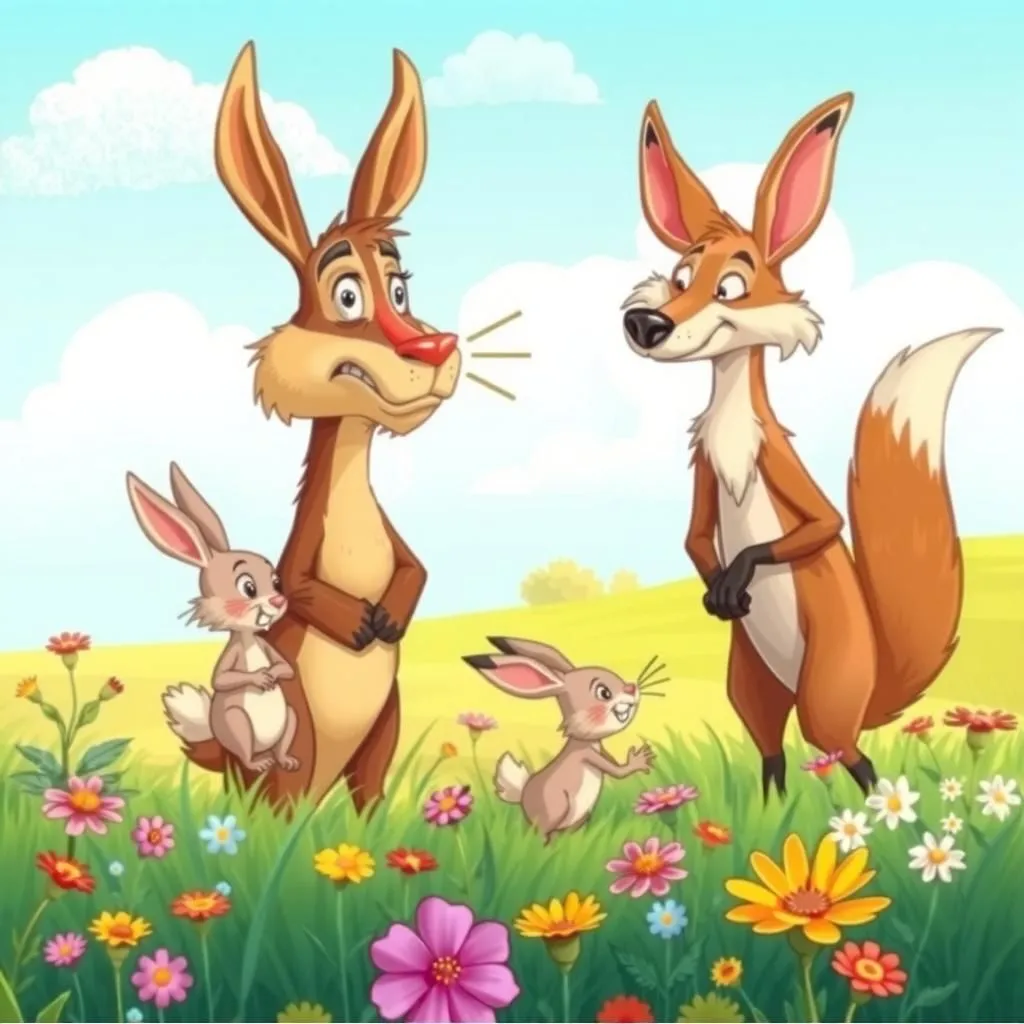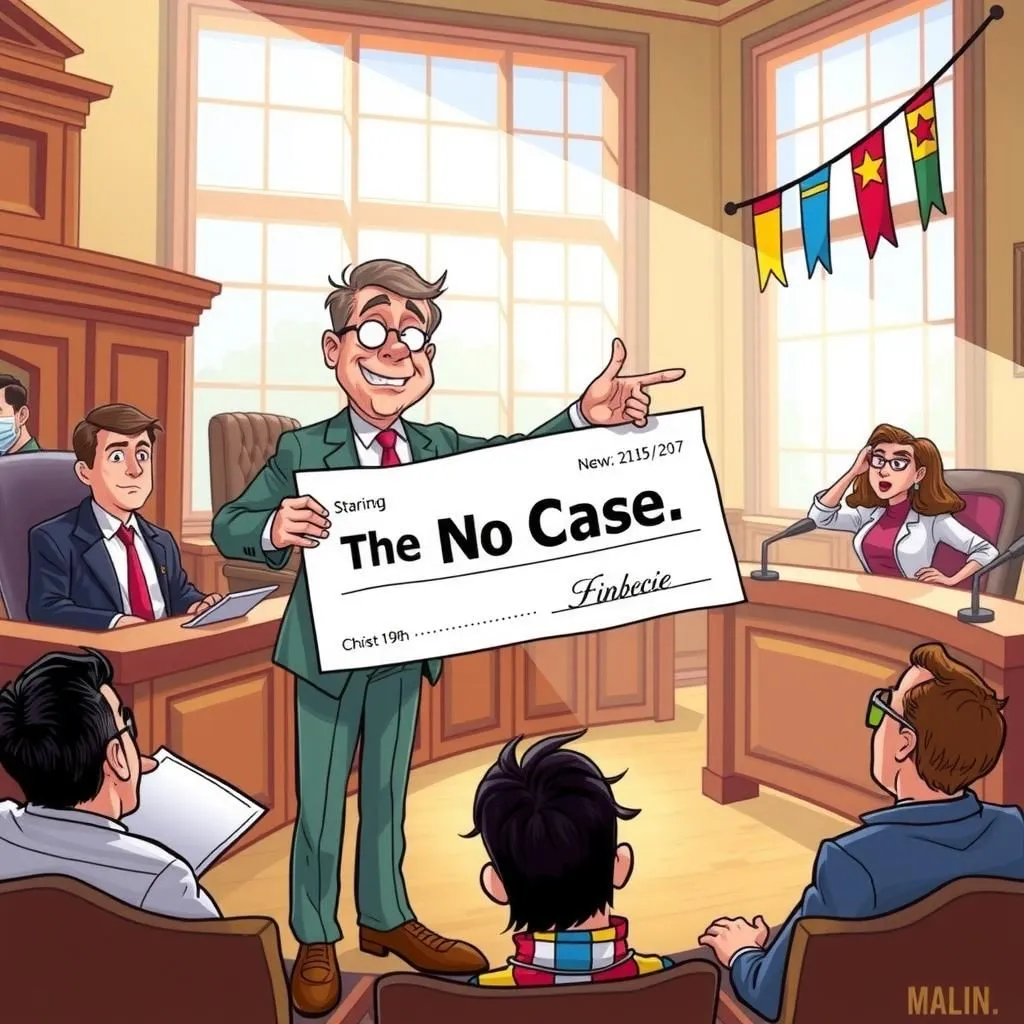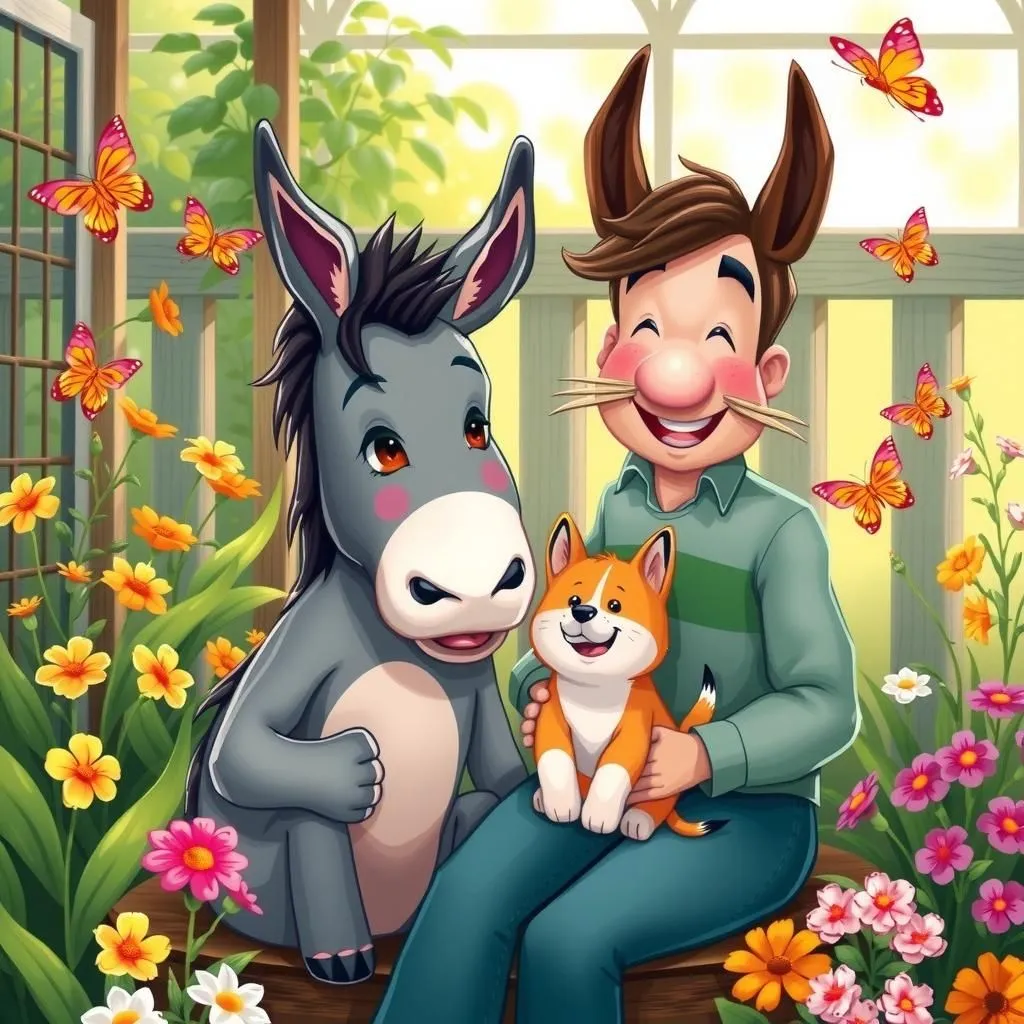
Two Footpads
In the simple short story "Two Footpads," two criminals share their misadventures while boasting about their robberies at a roadside resort. The First Footpad proudly claims to have robbed the Chief of Police, while the Second Footpad reveals a twist in his tale, admitting that he lost some of his own stolen loot when he attempted to rob the United States District Attorney. This quick read serves as a moral lesson about the unforeseen consequences of crime, reminding readers of the folly in boasting about such exploits.


